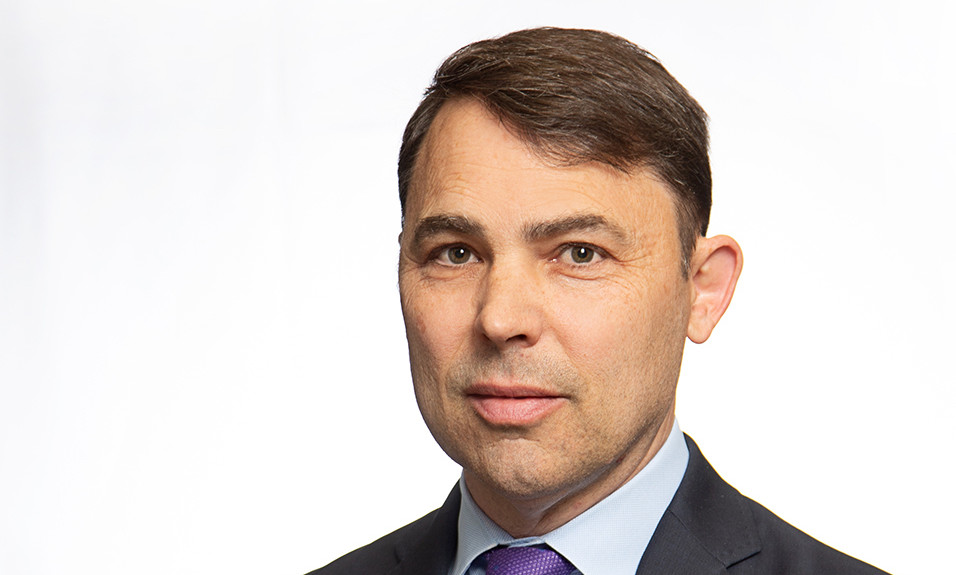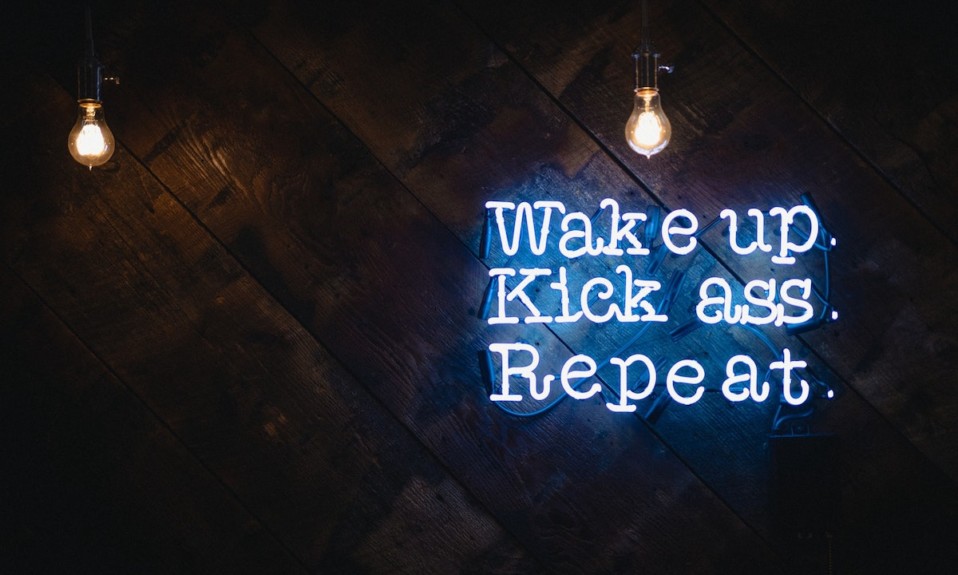No matter what obstacles you encounter, you have to maintain your motivation
By Patrick McElwaine, Psy.D., LPC
Motivation regarding one’s treatment and recovery has its ups and downs. Motivation is defined as the driving force behind an action. In the context of recovery, motivation is consistent engagement in the healing process, and it’s a key to the whole thing.
How do you maintain your motivation throughout recovery, especially when you have bouts of self-doubt, F-it moments, or just aren’t feeling like attending a therapy session or a meeting? My recovery journey started on June 23, 2005, and for the subsequent four years, I relapsed numerous times for days, weeks or months. Sometimes I was very motivated for treatment, but other times I wanted nothing to do with it. I used defense mechanisms that I will discuss in a future column—rationalization, blaming, projection, humor—to distance myself from my recovery and continue to use drugs and alcohol.
I would tell my loved ones and others in recovery that I was ready to end my addiction and maintain my recovery and treatment, but my commitment would fade, and I would relapse.
I felt like a liar at times, even when I thought I was being honest with myself and others. I would tell my loved ones and others in recovery that I was ready to end my addiction and maintain my recovery and treatment, but my commitment would fade, and I would relapse. I remember going to a meeting on my current sobriety date of Feb. 12, 2009. I said things I had uttered before, like how I had accepted that I was suffering from addiction and how I needed to “get” recovery or I would wind up dead. As I was talking, I stopped myself and said, “Honestly, I have said this so many times, I don’t know anymore. I feel like I mean this—I feel like I am being honest—but I can’t tell anymore.”
The Payoff
Currently, I have over 13 years of continued recovery and sobriety. Many times, especially early on in my recovery, I wanted to give up and get high and drunk one more time. I had thoughts of, Forget this—I’m done. Countless times I didn’t want to see my therapist or sit in a 12-step group. But I continued to work on my recovery. For me, attending therapy and meetings was extremely important.
I started to help newcomers in recovery, talk to myself in a more positive way, and not wait for (or anticipate) something going wrong that would give me an excuse to use. I managed difficult situations in a healthier way.
Things were different now, because although my thoughts were, Give up loser—this isn’t for you, I decided to attend these meetings and therapy sessions anyway. And much to my surprise, I started to feel better. I started to help newcomers in recovery, talk to myself in a more positive way, and not wait for (or anticipate) something going wrong that would give me an excuse to use. I managed difficult situations in a healthier way.
While working in a psychiatric hospital some years ago, I often ran a group on motivation. I would ask the group members how many of them were motivated to leave the hospital and continue their treatment and recovery. Some patients would raise their hands, ready and motivated to “work” their treatment. I would then say, “That’s great to see, and I have to tell you that the motivation you have right now to leave the hospital and do well will in all likelihood will come crashing down at some point.” Some patients would ask, “Dr. Mac, why would you say that to us? We feel great, motivated, ready to take on our demons and be active in treatment, and then you say that.”
Always Be Prepared
The reason I said it is there are many obstacles that may interfere with your recovery—for example, when someone in your circle passes away, you lose a job, you suffer financial or relationship difficulties or are subjected to stigma. Thoughts will pop up like, I’ll go tomorrow. So, I wanted everyone to be prepared for those types of situations.
Addiction is cunning and baffling. At any point in our recovery, it can grab hold of us and not let go. We need to be active with our recovery and ready for those moments when we just don’t feel like engaging and want to give up.
Therapy and 12-step meetings will help in this regard. The same goes for a relapse prevention plan. The prevention plan, however, shouldn’t be put on a piece of paper and forgotten about; it must be active in your memory. Addiction is cunning and baffling. At any point in our recovery, it can grab hold of us and not let go. We need to be active with our recovery and ready for those moments when we just don’t feel like engaging and want to give up.
What safeguards have you set up in your recovery that will help you be ready when you feel your motivation lessening? That is the key question.
Patrick McElwaine, Psy.D., LPC, is known as “Dr. Mac” to his clients, students and colleagues. He has his own counseling practice, teaches counseling psychology at Holy Family University in Pennsylvania, is a faculty member at the Beck Institute, and serves on the Bucks County National Alliance on Mental Illness (NAMI) board of trustees. His column publishes regularly on TreatmentMagazine.com.
Photo: Sammy Williams














